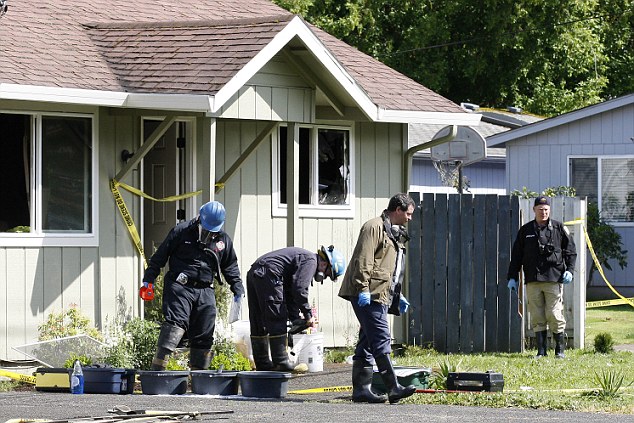

The use of advance directives in specialized care units: A focus group study with healthcare professionals in Madrid. The case for an autonomy-centred view of physician-assisted death. From sufficient health to sufficient responsibility. Journal of Bioethical Inquiry 17(3): ĭavies, B., and J.

Balancing patient and societal interests in decisions about potentially life-sustaining treatment.

If the price is right: The ethics and efficiency of market solutions to the organ shortage. They show that where the four principles collide the “doing” of ethics starts and that to get the best outcomes for patients skilled guidance is needed and that providing the patient with what they want may not.Īlbertsen, A. Staying with genetics, Shupmann, Jamal, and Berkman ( 2020) review genetic counselling, and argue that, based on the primacy of autonomy, a “non-directive” approach evolved that is problematic in the modern “genomic” era. The author also briefly reviews Australian regulatory scrutiny though the Therapeutic Goods Administration (TGA). FDA-approved cancer gene kit is safe and gives access that might be considered to support patient autonomy due to proper regulatory scrutiny. The paper considers three test kits and shows how two unregulated tests were harmful, particularly when done without adequate medical input and genetic counselling support, and worst of all, based on unscientific advertising claims. In the regular legal column, Recent Developments, Pandos ( 2020) considers the growing availability of “do it yourself” genetic tests. Despite its almost universal pre-eminence and acceptance, it can, and should be questioned, and, where necessary, balanced against other considerations. In several of the articles in this edition, it is seen that autonomy has boundaries and hurdles in both theory and practice. However, as Donne points out, no person exists in a social vacuum, especially at the beginning and end of life, when ethics is most often invoked (and once gain the pandemic, of course, has challenged this head-on everywhere). Like all ethical concepts, it can be taken to extremes and autonomy taken to mean that the individual’s wishes, needs, and wants supersede all other considerations. This can almost make it seem like a settled concept, that when the word is deployed everyone knows what it means and will agree. Autonomy is the most prominent of principles in bioethics and underpins most ethical and legal deliberations. Respect for each human life and promotion of the interests and freedom of every person is fundamental and non-negotiable in bioethical inquiry.


 0 kommentar(er)
0 kommentar(er)
